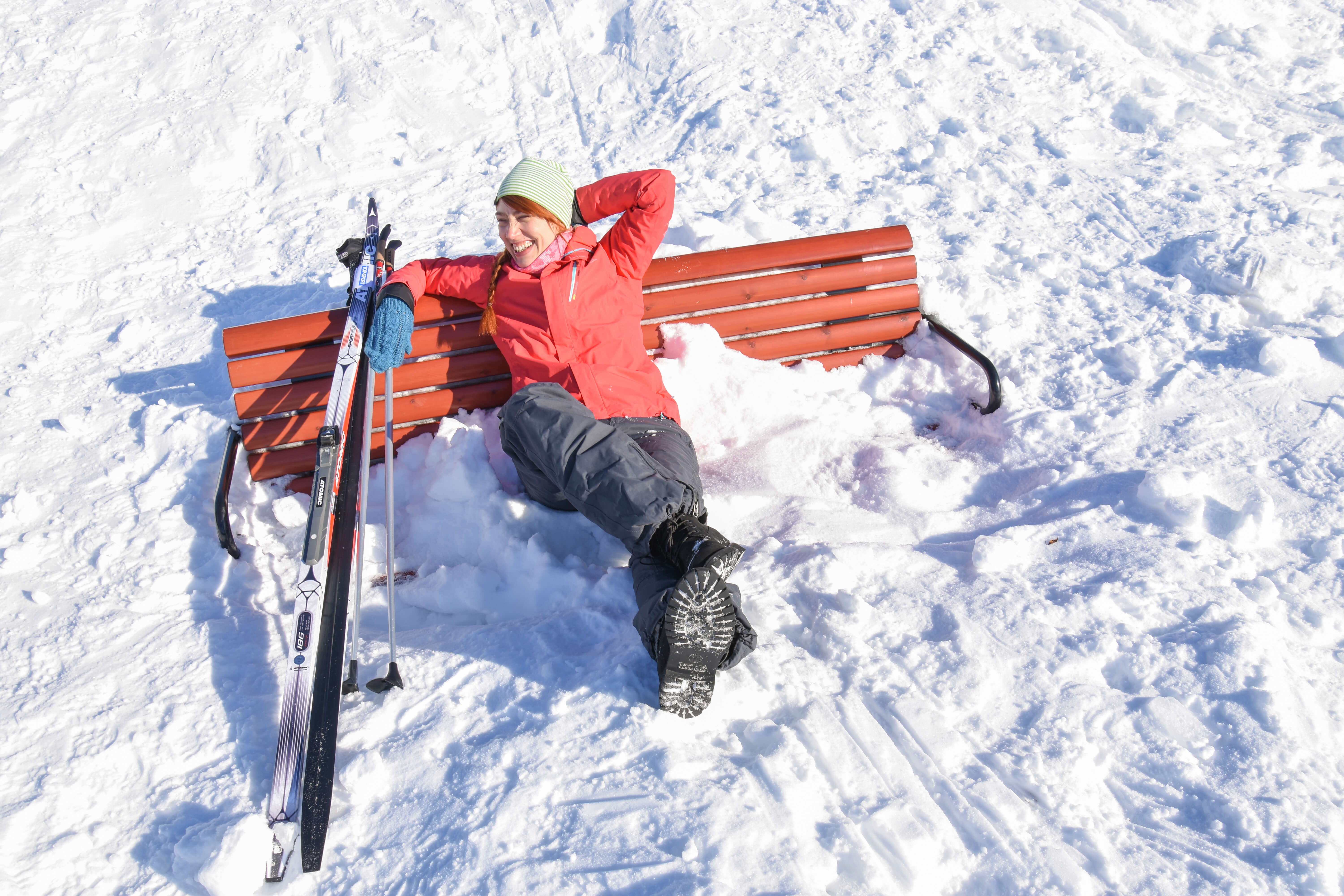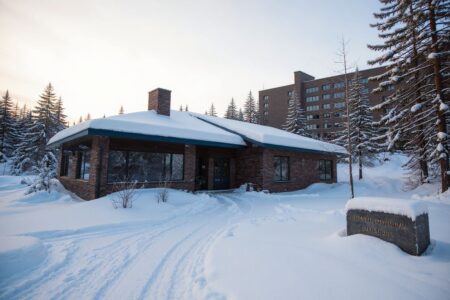Since its founding in 1979, the University of Lapland has become one of Finland’s premier research universities, with faculty members focused on the effects of global forces on the Arctic region. The Faculty of Law is instrumental in this success, spearheading several multidisciplinary specialisations crucial to combating the region’s and the world’s biggest challenges.
Law, markets and the environment
17 Sustainable Development Goals. 169 targets. 193 countries. A 2030 deadline. Governance and regulation will be crucial to realising this shared blueprint for peace and prosperity, for people and the planet, now and into the future — at the University of Lapland, there is a dedicated research group that develops projects and educational programmes to this end.
They cover various legal topics related to sustainability such as environmental law, public procurement, corporate social responsibility, insolvency and crime, human rights, property rights, intellectual property rights, interplay between law and science, and more.
This research group also works closely with the Arctic Centre and the Faculty of Social Sciences on topics related to global arctic governance, environmental policy, philosophy, legal pluralism and multilevel governance. It’s a setup that makes for a unique learning and teaching experience, as LL.D. and Professor of Practice Kai Kotiranta attests. “Studying at our faculty opened up many opportunities for my advocacy career. It was smooth to combine my entrepreneurship with doctoral studies and return as a member of faculty,” he says.
“It is something much more than just studying, researching or lecturing under the magical Northern lights.”
Law, technology and design thinking
How does the law react to emerging technologies like 5G and the Internet of Things? Can regulations provide novel solutions to prevent cyber attacks? What’s the deal with the antitrust suit against Google — are there better ways to regulate Big Tech? Who should the law implicate when a self-driving car collides with an unmanned drone?
Some of the most interesting legal issues today are happening at the intersection of law and technology — and this research group at the University of Lapland is embracing all the questions, debates and innovation that are developing in this vein. The aim? Fostering, instead of stifling, technological progress. This includes research studies on how the law can support technological developments that are more respectful of the environment, as well as more inclusive of focused groups and minorities.
“As a researcher in the very dynamic field of IT/IP and data protection law in the use of AI, the university has provided me with easy access to professors and industry experts; state-of-the-art books; and unrivalled mentorship that help me compete favourably with my colleagues all around the world. The solid background acquired from this university has helped me secure a role as a privacy and data protection lawyer advising tech companies on how best to achieve global compliance,” says LLM graduate, and now PhD candidate Emmanuel Salami.
Welfare Law
The Nordic countries boast some of the best-governed welfare systems in the world — this research group leverages on this to dive into the core questions at the intersection of law and social research. Its focus is on welfare law, social work, technologies and professions, covering different social and health related legal problems from different viewpoints; contracts and legal designs to prevent problems; research methodology and ethics; and more.
“Working on a project about welfare law and social work has widened and diversified my understanding of my own research subject, added more value to my dissertation and deepened my professional skills. The interdisciplinary work in our university as well as the dialogue between researchers and practitioners have produced new approaches to the practical and legal questions in the field of social care,” says PhD candidate Saara Tuulari.
Safe, happy, tight-knit
There are many reasons why University of Lapland law graduates recommend their alma mater to others. The UN has ranked Finland the happiest country in the world. In the International Student Barometer Survey (ISB) 2017 survey, 95.4% of international students reported they were satisfied with its class size. The World Economic Forum named Finland the safest in 2017. When studying and researching the Arctic region here, you will literally be at the top of the world, 66°33′45.9″ degrees north, where you can experience the midnight sun in the summer as well as the polar night during winter.
For Master of Laws graduate Sofia Aalto-Setälä, it was the faculty’s “wide range of international studies, courses and research opportunities to develop and gain knowledge on multiple international issues” that were the highlight of her time here.
“I studied Public and Private International Law and enhanced my knowledge with a unique course on Indigenous Rights in International Law. In addition, I competed in the Nordic Intellectual Property Law Moot Court Competition, where I gained practical experience in drafting legal documents and in litigation with a supportive team from the university. Thanks to these multiple opportunities, I had the skills and knowledge to start my international career at an international criminal tribunal,” she explains.












